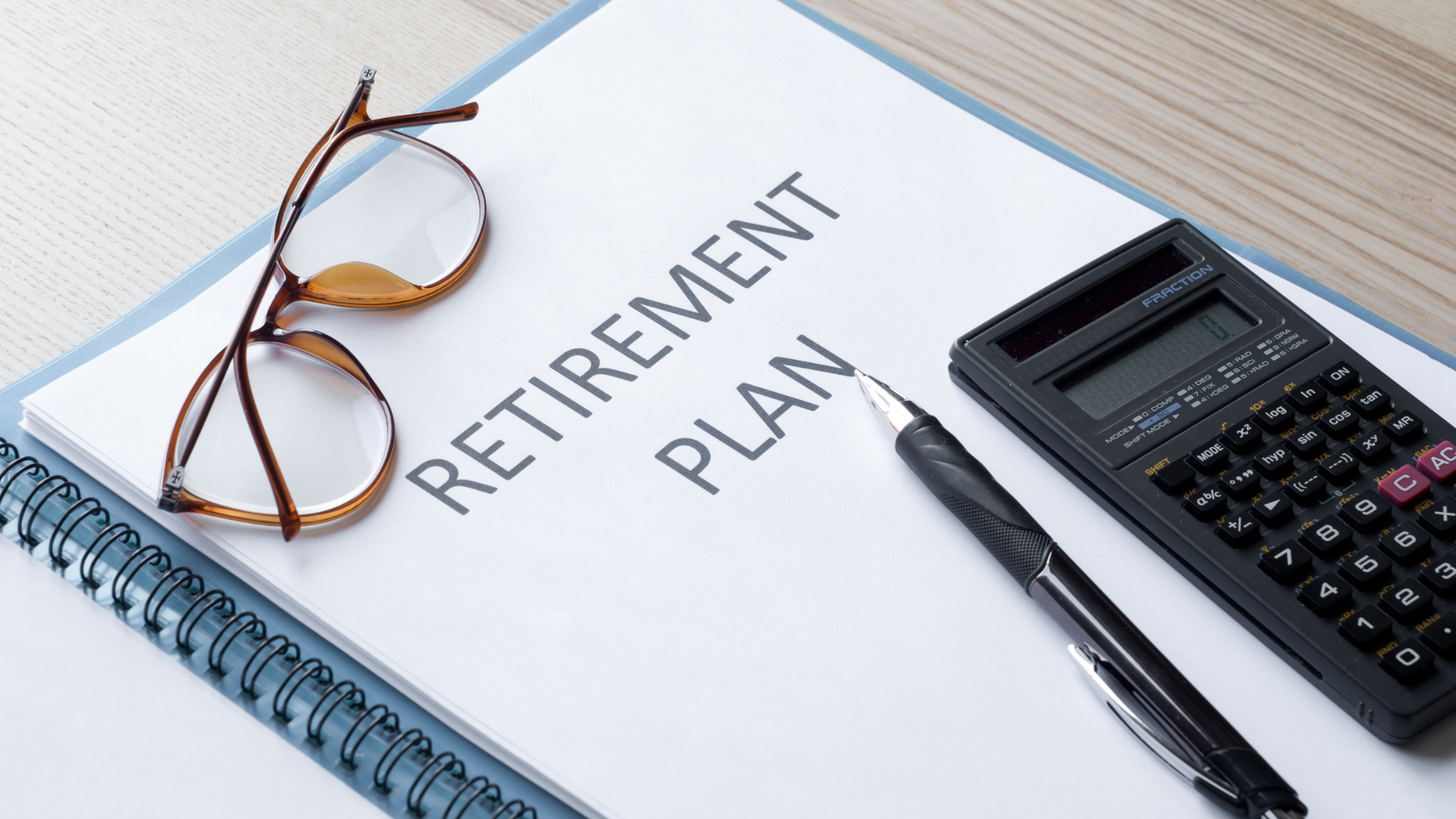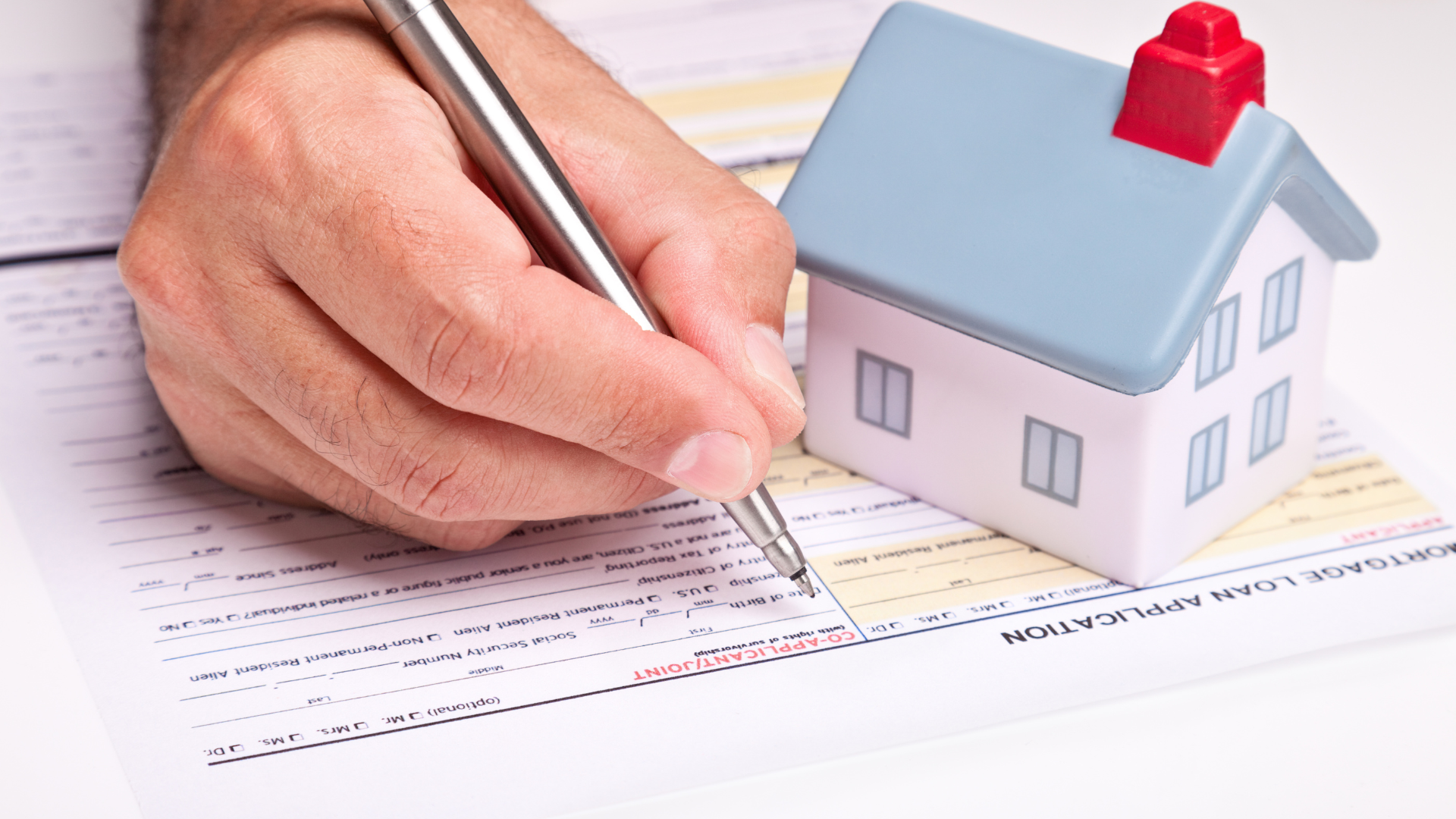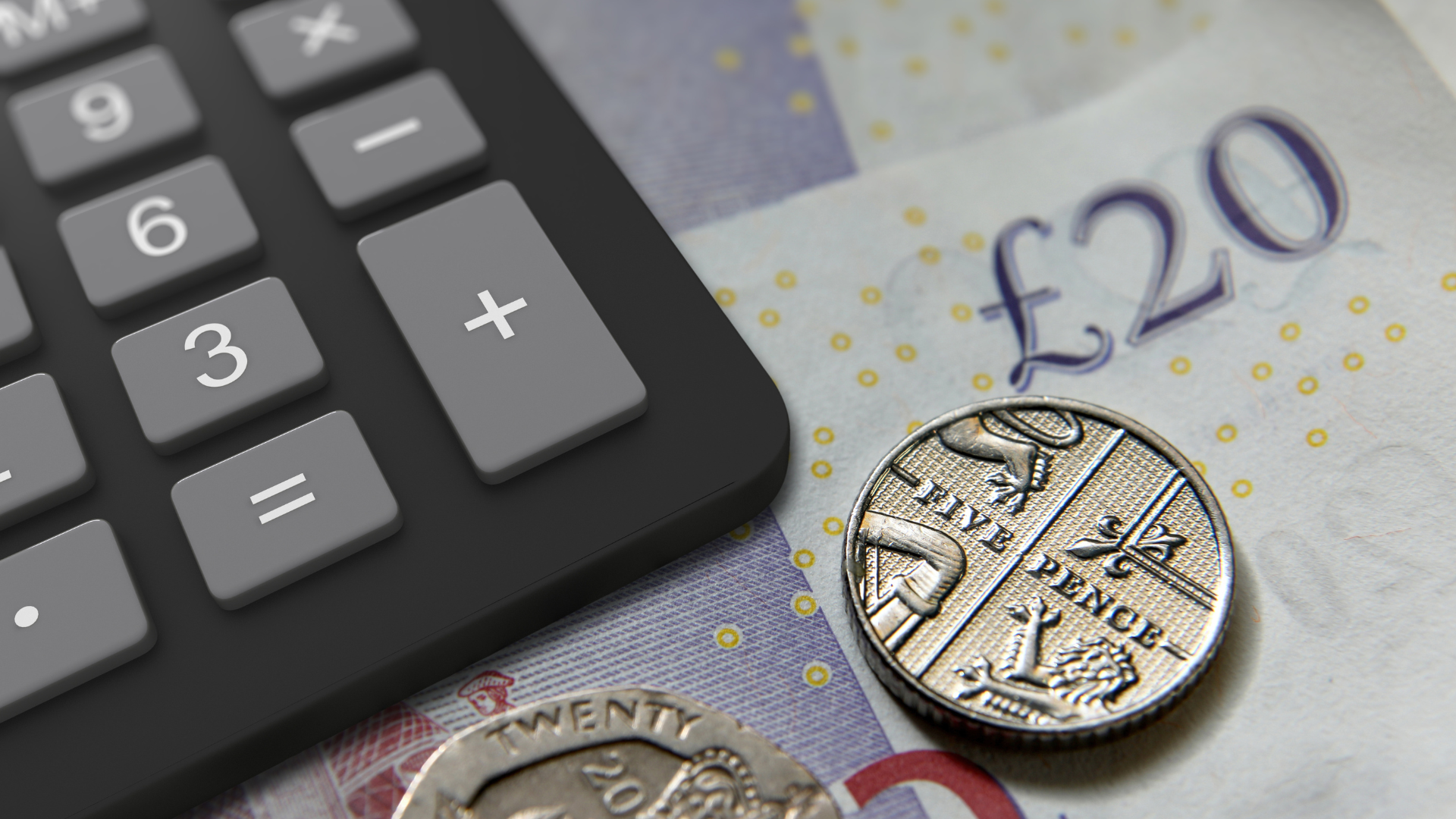If you are planning on buying a house, you need to see that the one you buy is within your range of affordability. You need to factor in how much it will cost you in the next few decades because that could affect your ability to save for retirement and incur other large expenses.
Now, there are many options for you to choose from when it comes to buying a home. But it can be a bad investment when you don’t plan it well. Suppose you wanted to buy a home in Pennsylvania, you should learn about what the real estate market environment is like over there to make an informed purchase. And apart from that, you would need to figure out what the pros and cons of retiring in Pennsylvania are if you really intend to retire there. This is to make sure that you’re prepared to deal with the financial trials and tribulations that will come your way when you have finally bought the property.
The next thing to figure out is whether you want to invest in buying an existing house or build one from scratch. This decision depends on factors such as the level of customization you desire, your budget constraints, and the timeframe in which you intend to move in. Investing time in understanding the local real estate market, including property values, trends, and potential appreciation, is crucial for making a well-informed decision. If you wish to build from scratch, you may want to consider working with Rotelle Studio(e) or similar firms to get started on your project. Such firms tend to have the experience required to ensure that your vision for a custom-built home is realized with precision and expertise.
However, if you’re thinking of buying an existing property there are several things that you need to be mindful about. Keep in mind that when someone wants to buy a house, it is not as easy as they portray on television. To understand the intricacies, individuals need to conduct proper research on the markets of Playa Del Carmen Mexico real estate or similar locations that they desire to move to, before starting the purchasing process. Some down payments can be as low as 3.5%, whilst others can shoot up high making it harder for people to even get their foot on the property ladder.
If you do have access to your 401 (K) retirement funds and you really want to make a home purchase, then read on to learn more about how you can do this, as well as what other alternatives there are for when you want to buy a house.

What is a 401 (K)?
Let’s get into what exactly a 401 (K) retirement account is and how it works.
Your 401 (K) account is a savings account that is specifically there to help you prepare for your retirement so that you have what you need when you stop working full-time and do not have any income coming in.
Holders of 401 (K) accounts are able to claim tax deductions as well as accrue tax-free interest over time when they pay into their accounts.
You can not withdraw money from these types of accounts before you turn 59 1/2 years old, or before you turn 55 if you have left your job or lost it.
Will You Have to Pay Income Tax?
If you do want to withdraw funds early, then you will face an early withdrawal penalty which is 10%.
Another downside of withdrawing money early is that you will have to start paying state and federal taxes as it is no longer in the retirement account where it was safe from income taxes.
Despite the fact that an early withdrawal penalty may put you off from using your 401 (K) to buy a house, these rules and regulations are there to protect you so you are able to have the retirement you have planned for.
If you still want to withdraw money from your 401 (K), you can do so, you just need to make sure that you are doing it the correct way and are happy with the outcome, e.g. buying a house.

Using Your 401 (K) to Buy a House
Now that you know you want to buy a house and you are aware that any money you withdraw will mean that you have to pay taxes, you can start to put your plan in motion.
There are two options available that we will be discussing today, so you can see which will be best for you and your retirement fund.
Get a 401 (K) Loan
This is pretty simple, it is just borrowing money from your 401 (K) account and it can either be –
- $10,000 or half of your vested account balance
- $50,000
Will The Early Withdrawal Penalty Still Apply?
You can actually avoid the 10% early withdrawal penalty when you go through this way of obtaining a loan amount, plus you do not have to pay income taxes on this amount you have taken out either, so this may put you in a better financial position.
You will need to pay interest on this loan amount when you put it back in, so in a way, you are paying yourself back.
The interest rates that you pay will depend on the retirement account you have and what is set out by your plan provider.
The loan term is around five years, however, that can be adjusted to a longer payback time if you are buying a principal residence/primary residence.
Will You Get a Tax Break?
Despite the fact that you will be paying back into your 401 (K), you will not get a tax break or an employer match, as they do not count as contributions.
Plus, depending on your plan providers’ rules, you may not be allowed to pay any contributions to your 401 (K) when you are repaying the loan.
What Happens if You Don’t Make The Due Date?
If for any reason, you are not able to pay back the amount that you have taken out, then that will become a withdrawal in the eyes of the IRS.
You will then have to pay the 10% early withdrawal penalty which you had hoped to sidestep.
So before you decide to jump in with both feet, you will need to make sure that you do have a stable career, that you can use your 401 (K) to buy a house, and that you can deal with the down payment plus closing costs.

Make a 401 (K) Withdrawal
This can be your second option, however, it is not seen as the best option when taking money from your 401 (K).
An early withdrawal would be classed as a hardship withdrawal, which is seen as an emergency removal of funds to cover something that has a “heavy financial need”, as stated by the IRS.
Who Decides On The Hardship Withdrawal?
If you do not know if you are eligible for a hardship withdrawal, then you will have to have that checked with your employer as they are the one that decides if it is or not.
Putting together reasons why it is one with evidence of the essential reasons why you need a home purchase will help you with your case, but ultimately, it is up to your employer.
You may still get the 10% early withdrawal penalty, even if it is a hardship withdrawal, so you will have to brace yourself for that possibility.
Are There Any Exemptions?
You could be exempt from the penalty fee if you are using these expenses for a principal residence, however, if you present any other assets that can help you with purchasing a home, then you won’t be able to get the exemption, you have to show that you have literally nothing else that can help you.

So, is it Right to Use Your 401 (K) to Buy a House?
If you do have an immediate need for cash so you can complete a home purchase and you really do need it, then using your 401 (K) may be your best option, especially if you want to avoid paying for private mortgage insurance.
You will still need to weigh up all your options before diving in and see if it is really worth it in the end. You don’t want to make a misstep with your 401 (K) and find that you shouldn’t have used it.
Alternatives to Your 401 (K)
Now that you know how to use your 401 (K) to buy a house, here are some other ways you can do so without having to dip into your retirement savings.
Loans
Loans can serve as a valuable means to finance a retirement house. In today’s world, financial institutions like banks and credit unions offer loans, and individuals often turn to personal loans from family and friends to buy homes.
Another viable option is real estate seller financing, which enables buyers to acquire a house without resorting to a traditional bank loan. Through seller financing, the seller typically consents to accept monthly payments, occasionally with minimal or zero interest.
IRAs
Being a first-time homebuyer, you are able to get special provisions when it comes to buying your house. IRAs can also help people who have not owned a primary residence in the last two years.
Just like a 401 (K) account, you can withdraw up to $10,000 but you will not get a 10% early withdrawal fee before the age of 59 1/2.
You can withdraw as much money as you need from your Roth IRA, and you will not be subjected to any penalties and taxes, because they have already been taxed before.
You will still need to make sure that you have had the account for about five years, and any earnings that you withdraw will still need to be taxed.
VA Loan
If you are someone who is in the service, out of the service, or a spouse of one, then you could be eligible for a VA loan so you won’t have to go into your 401 (K).
It is government-backed and similar to the mortgage programs mentioned before, there are lower interest rates and more flexible terms.

Conclusion
Knowing how to use retirement funds to buy a house is just one way that you are able to make your way into a new property.
This may be fine for some, but if you are not too sure, always speak to professionals first and get their input on what would suit you best.
This is just a guideline for what to look into when contemplating your next move. Never jump into anything without properly researching first and getting the right help.

